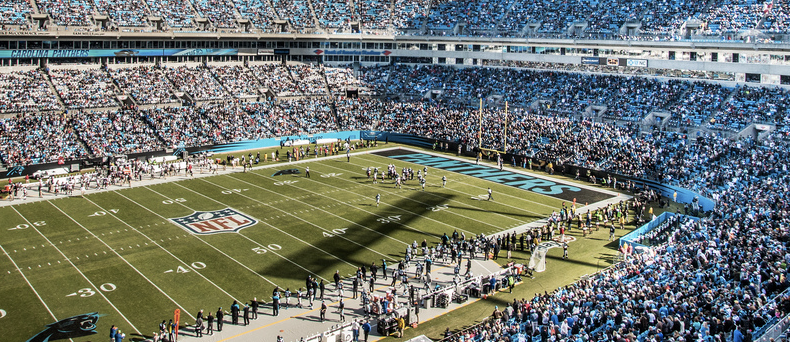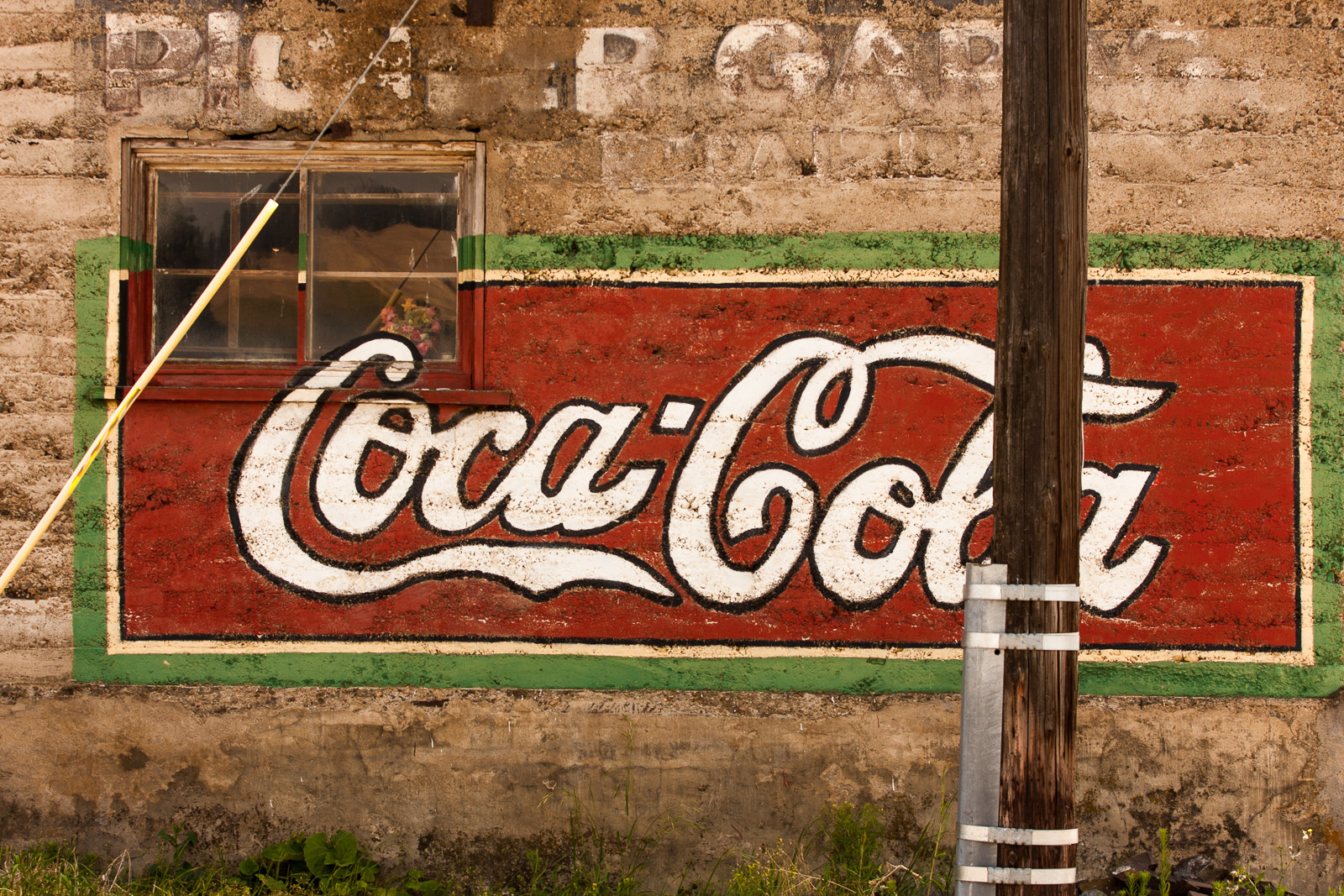Even though the National Football League currently paints itself as a player-friendly organization that puts safety above the base thrill of seeing a dude repeatedly getting his bell rung, the league has a long history of not only ignoring the issue but actively seeking to smother scientific research linking the sport to devastating longterm brain damage. A newly released Congressional investigation appears to confirm earlier news reports claiming that the NFL isn’t done trying to insert itself into research that could have an impact on the country’s most popular team sport. [More]
science
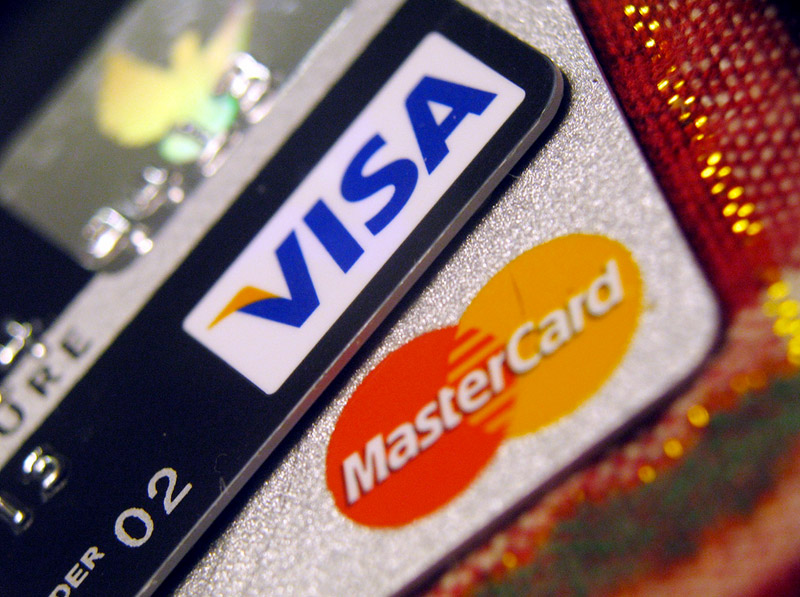
Does Paying With Cash Increase Your Emotional Investment In A Purchase?
Say you go to the store with a friend and you each buy the same lamp for $150. The only difference is you pay in cash and your pal pays with plastic. The dollar amounts are the same, the purchased product is identical, but a new study finds that your levels of emotional investment in that lamp are likely different. [More]
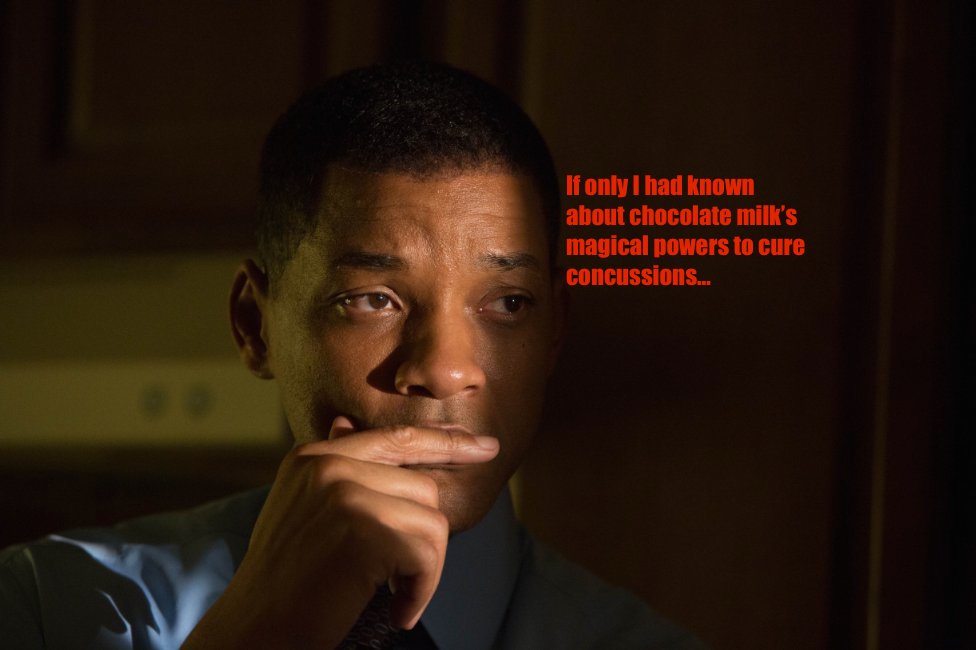
Chocolate Milk Maker Behind Sketchy “Cognitive Skills” Study Hoped To Cash In On Concussion Movie
Last December, researchers from the University of Maryland put out a press release claiming — without showing any of the science to back up the assertions — that a certain brand of chocolate milk could improve cognitive skills of concussed athletes. The study — paid for by the chocolate milk company — was widely derided and the school has since admitted that the press release was rushed and botched. So what was the hurry in getting this incomplete science news out there? Apparently, in the hopes of riding the coattails of a new Will Smith movie. [More]
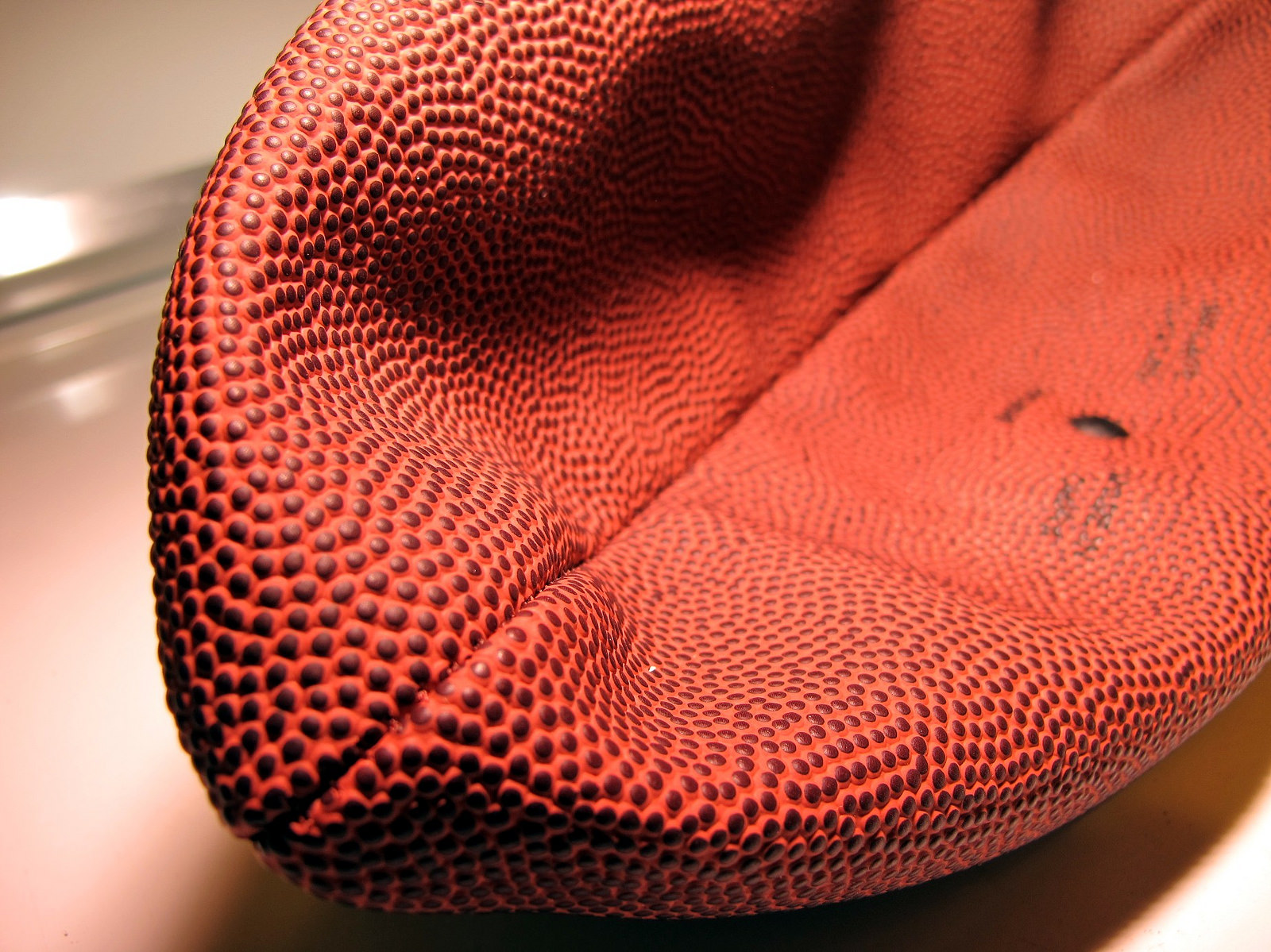
University Backtracks On Company-Funded Study Claiming Chocolate Milk Could Treat Concussions
Earlier this year, public health advocates criticized a University of Maryland research program for taking money from a beverage company and then claiming in a press release — with no reviewable data to back up its assertions — that this company’s chocolate milk product could improve cognitive skills of athletes who’d suffered concussions. Today, the university is admitting that maybe this was not the brightest idea. [More]
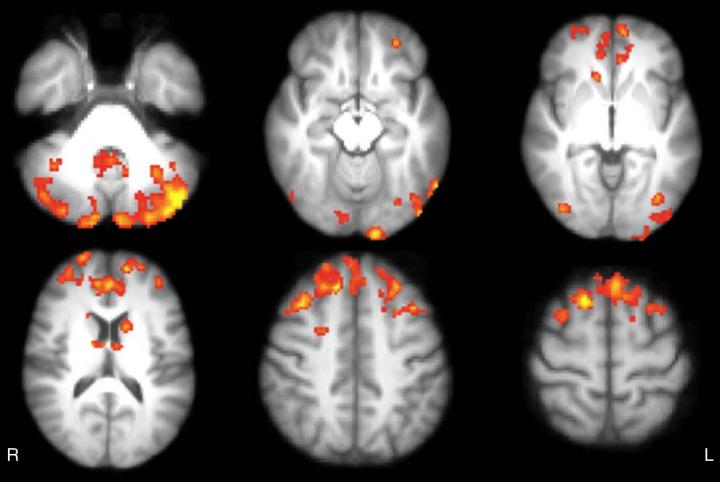
Science Says: Video Games May Improve Cognitive Abilities In Multiple Sclerosis Patients
“Video games will rot your brain,” is something I used to hear as a child. It’s not true, and in fact a newly published study claims that some video games may actually be helpful for the more than 2 million people around the world with Multiple Sclerosis. [More]
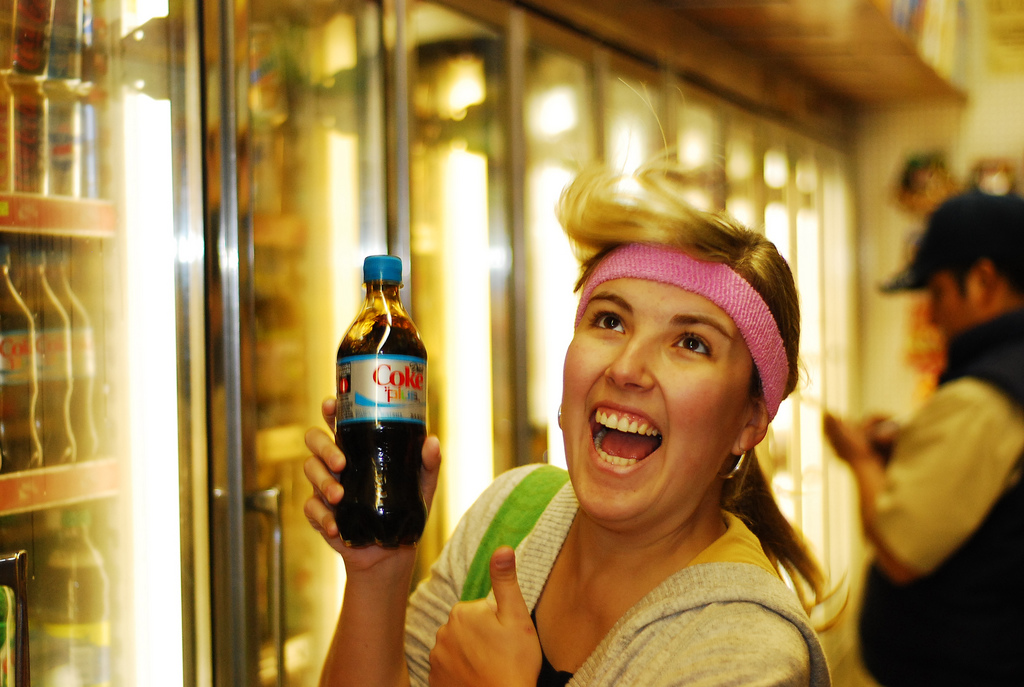
Coca-Cola, Pepsi Once Again Fund Study Claiming Diet Soda Is Better For You Than Water
Back in 2014, the soft drink industry funded a study that, coincidentally, concluded that diet soda is better for weight loss than water. These same companies are at it again, not only providing the backing for another study extolling the virtues of diet drinks, but also — according to new reports — directly paying money to the researchers involved. [More]
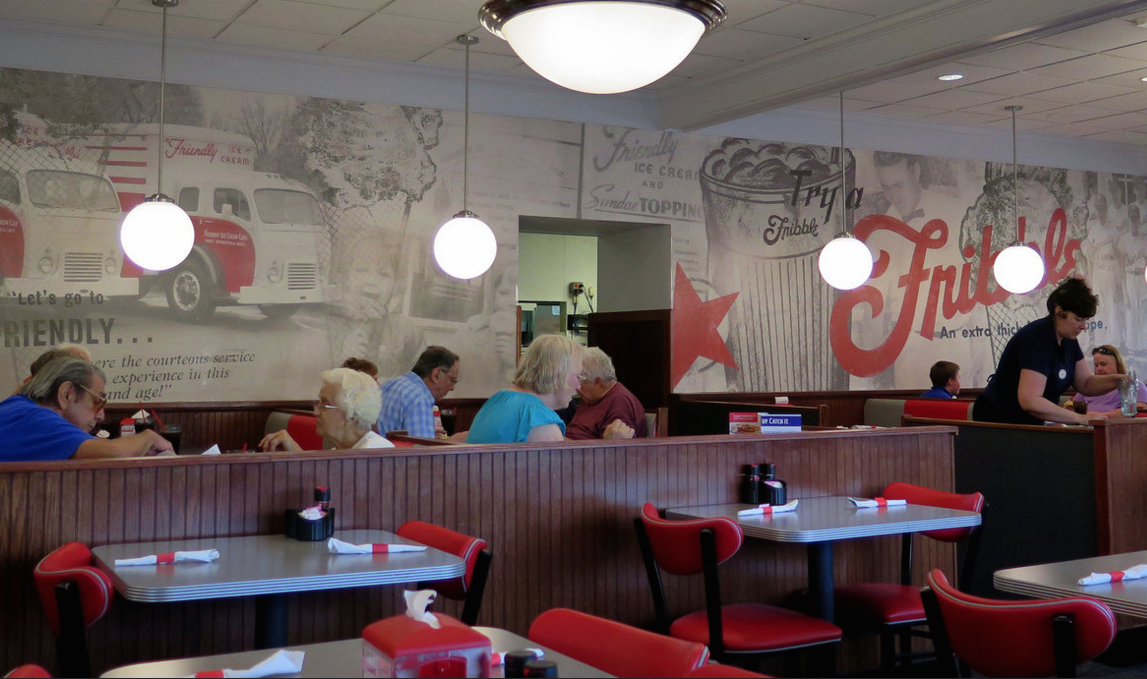
Science Says: You’ll Order More Food & Booze If Your Waiter Isn’t Skinny
It’s a stereotype of the swanky metropolitan restaurant — only hiring wait staff that looks like they just slinked off the pages of Vogue or the runways of Milan — but the results of a recent study seem to indicate that restaurants could pad their bottom lines by hiring servers with a little more padding. [More]
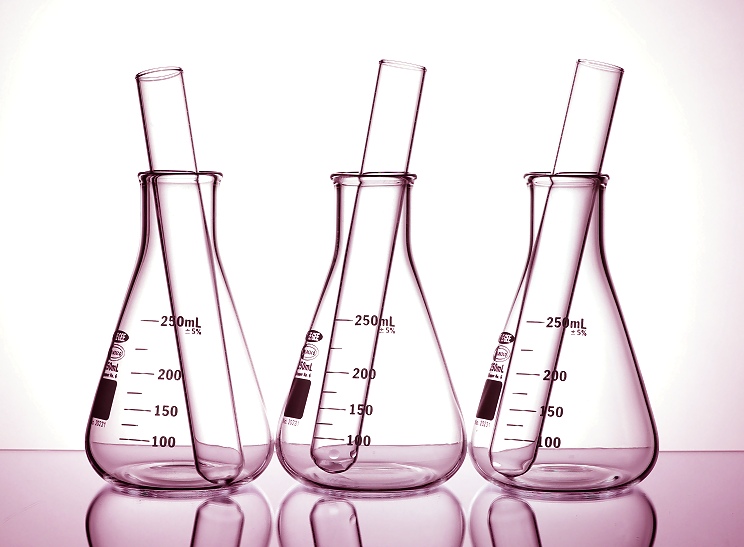
University Ripped For Pushing Chocolate Milk As Concussion Treatment
A University of Maryland program that “promotes the development and commercialization of products and processes through industry/university research partnerships,” is being criticized for not just declaring that a particular brand of chocolate milk can improve cognitive skills of athletes who suffered a concussion, but for making that declaration without releasing any data to back it up. [More]
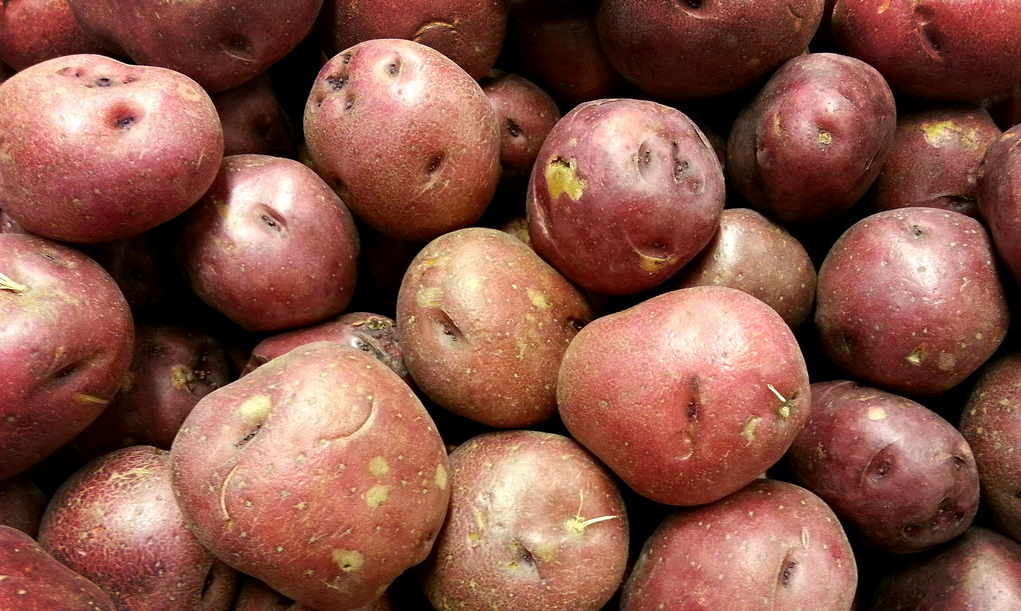
Pink Potato Slime May One Day Save Us All From Antibiotic-Resistant Bacteria
When root vegetables are stored in an area that’s too damp, they can grow a pink slime that breaks down cell walls and is generally gross. The rot comes from a bacteria, called Clostridium puniceum, that normally only grows only in areas with no oxygen. Why would it grow in an environment where there’s plenty of oxygen? The answer is in the slime. [More]
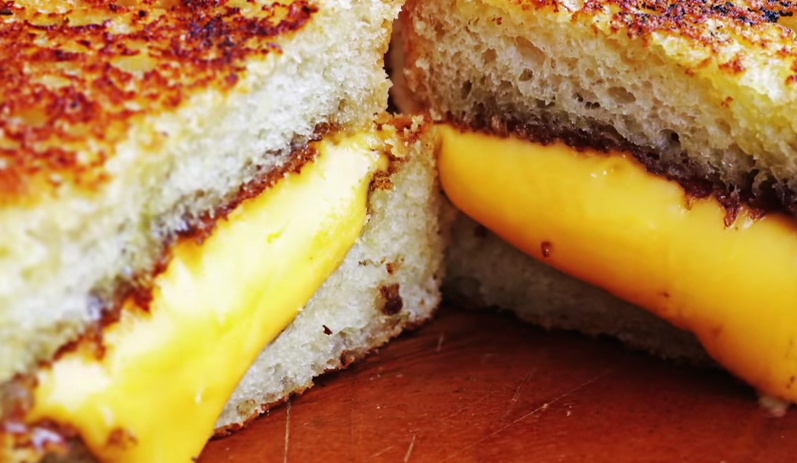
Science Tackles Very Important Question: What’s The Best Cheese For A Gooey Grilled Cheese Sandwich?
There are some things we don’t need scientists to tell us — like the fact that cheese is delicious and was created by the dairy gods to please us — but there are other questions we need answered by the professionals in order to live our best lives. Like what the ideal kind of cheese is for a perfectly gooey, melty grilled cheese. Here comes the science! [More]
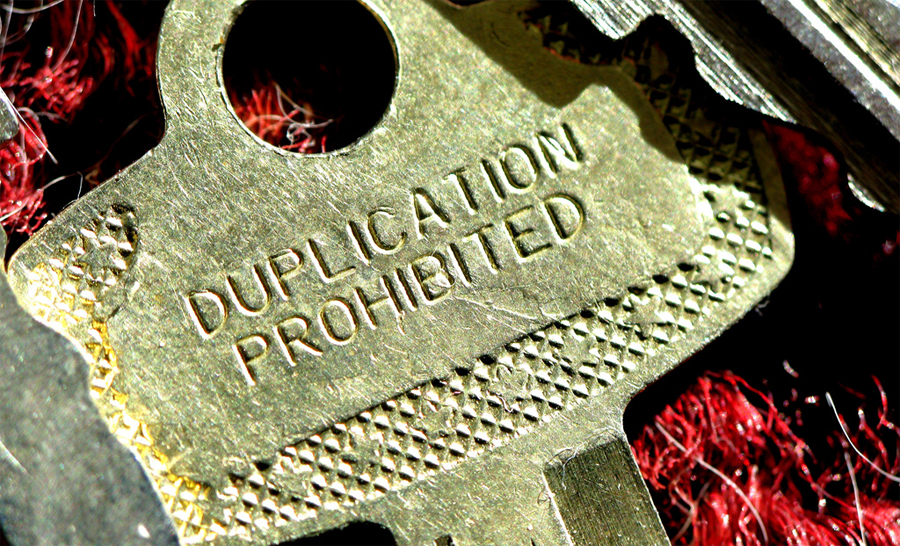
Copyright Office Rules: Yes, Security Researchers May Hack Cars (And A Couple Other Things) For Science
Copyright law is surprisingly pervasive. It affects everything from computers to cars (and tractors). The law says you’re not allowed to circumvent DRM on anything for any reason… except for a big pile of things you actually legally can. Those exemptions get re-evaluated every three years, and today the new list is out. [More]

Toyota Plans To Have Self-Driving Car For The Masses By 2020
Toyota attempted to break away from the self-driving car fanfare last month by announcing it would instead invest $50 million into creating “life-saving intelligent” vehicles that weren’t necessarily autonomous. Today, the company made it clear that it’s also pursuing the fully driver-less route, revealing plans to release a commercially available self-driving car by 2020. [More]
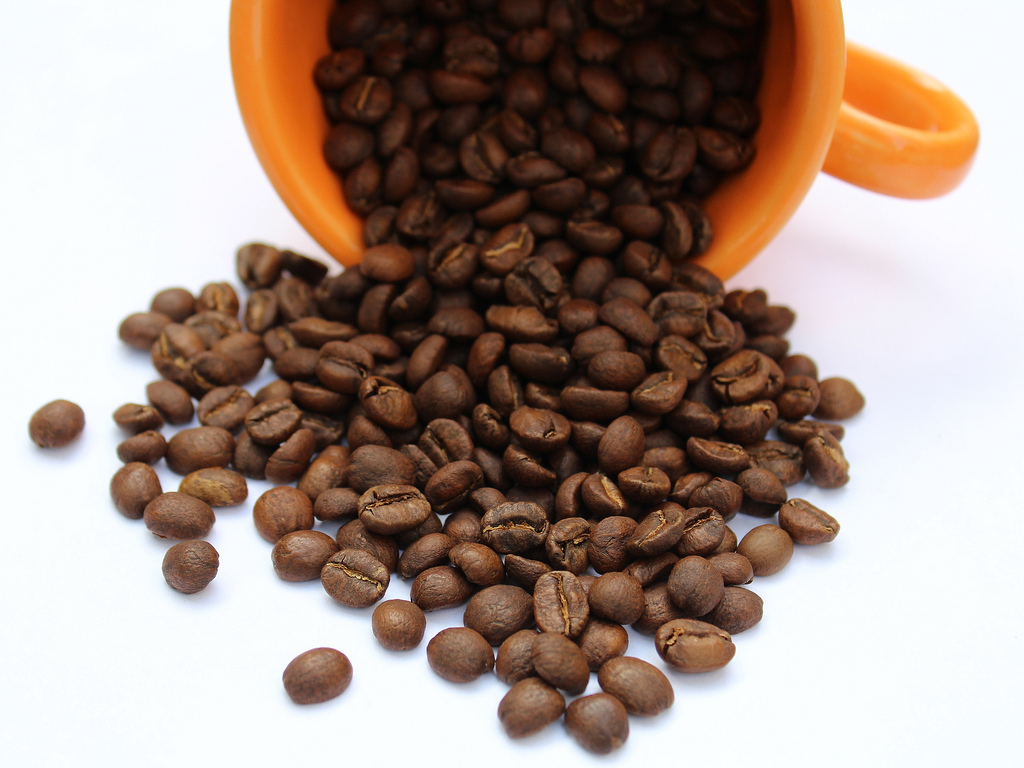
Study Says Ancient North American Civilizations Shared Our Devotion To Caffeine
If this were a celebrity weekly the above headline would read, “Ancient Civilizations — They’re Just Like Us!” But it’s not, so let’s just say that maybe getting out of bed wasn’t so easy without beverages that pack a caffeinated kick even thousands of years ago. [More]

Toyota Investing $50M Into “Life-Saving Intelligent” Vehicles
There’s a lot of talk these days about the inevitable arrival of self-driving cars and the implications they will have on safety, insurance, traffic, and fuel costs, but Toyota has announced an investment in new research to develop “life-saving intelligent” vehicles that aren’t necessarily self-driving, but which could ideally combine the best of the autonomous car with one driven by a real human. [More]
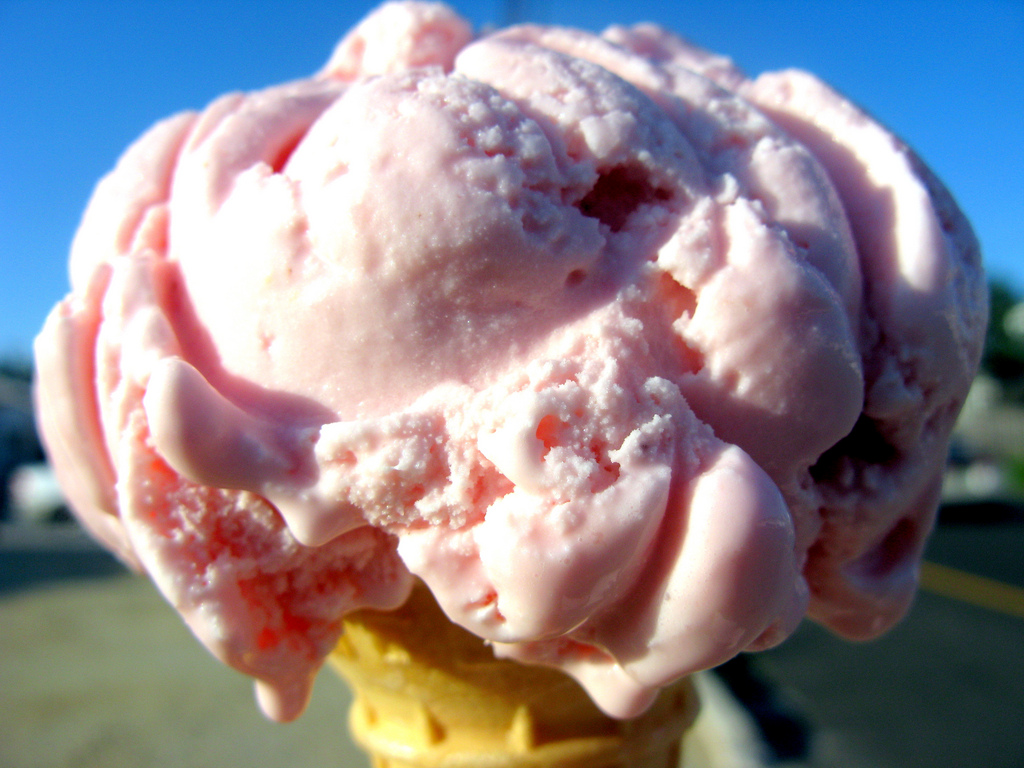
Scientists Working Hard To Save Us All From Rapidly Melting Ice Cream Cones
It’s a hot day, you’ve got a cool treat — it’s inevitable. That ice cream scoop, once so perfect in its rounded form, is going to melt, forcing you to fight the age-old battle against drips with your tongue as your only weapon. Take heart, dessert warriors: there are scientists out there who are trying to help us all, by developing an ice cream that takes a bit longer to melt. [More]
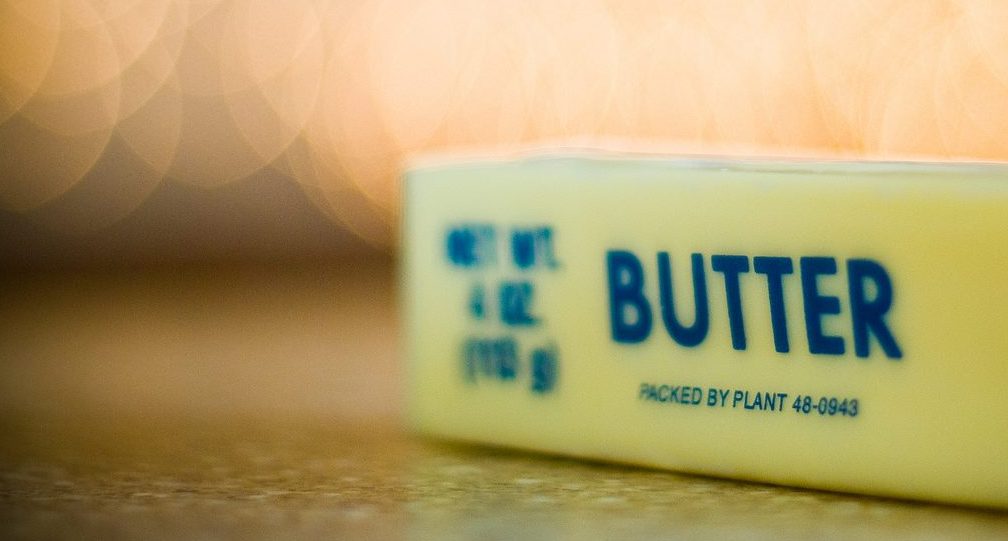
Butter Can Be Bad For Your Health, Concludes Study Paid For By Dairy Industry. Wait, What?
When an industry funds a scientific study of what they do or produce, you can roll your eyes and safely assume that the data will show that the phenomenon being studied is healthy or at least not actively harmful. Right? No, not necessarily. A study evaluating the health effects of eating butter regularly surprised cynics by showing that the substance raised study participants’ cholesterol. [More]
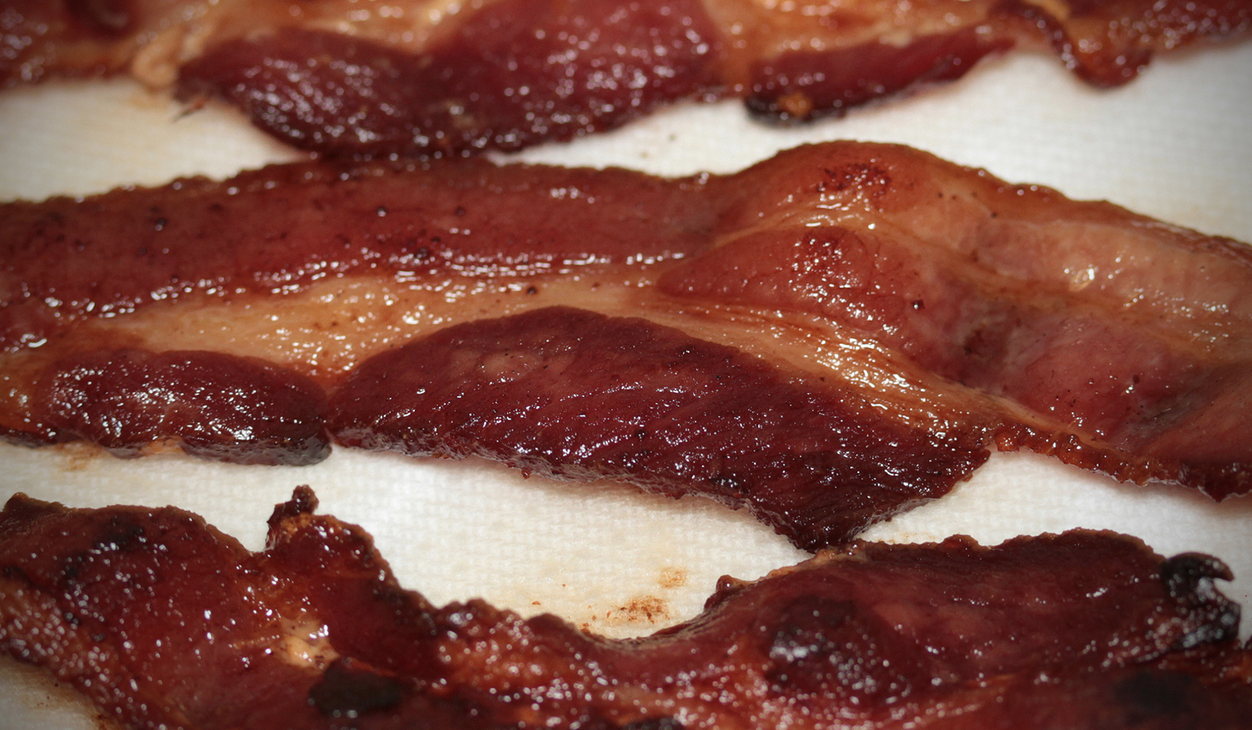
Genius Scientists Have Developed Bacon-Flavored Seaweed Because Clearly That Is Necessary
If I had a nickel for every time I was munching on a piece of seaweed and thought, “This would be better if it tasted like the bacon of the sea,” I would have zero nickels. But because people love all things that taste like that savory pork product, of course a group of scientists have figured out how to make seaweed-flavored bacon. [More]


